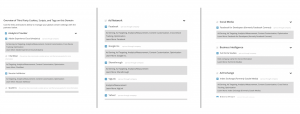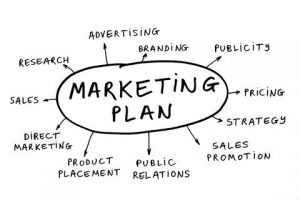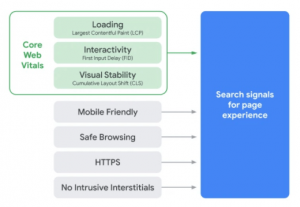— August 5, 2019
In the changing world of work, you can futureproof your employability by banishing complacency and re-inventing yourself.
Whether you like it or not, the simple fact is that you won’t be part of your company’s staffing plans forever. Since no one is exempt from involuntary transitions, it’s important that you take steps to prepare for a transitioning workplace.
The key is to reframe your attitude so that you don’t fall behind. Recognize your advantages and limitations in terms of the value you add to your employer and where you need to improve on your personal skills. Then, take the following steps to manage your career success.
1. Take charge. Be responsible for your own career development. Many large organizations have scaled back on training and development, and small companies can rarely provide significant support. Simply put, your career rests in one set of hands: yours. Update your skills by frequently attending courses or seminars, and in particular, keep up with everything related to the advances in technology that relate to your position.
2. Work with your company’s goals in mind. Connect the dots from your role to your company’s vision and key objectives. How does your work align with the organization’s goals? What can you do to maximize your contributions? Repeatedly ask yourself, “What skills do I need to advance my position to the next level?”
3. Measure your performance. It’s important to have a clear and organized list of your achievements, accompanied by quantitative proof of the value that you’re adding to your job. This means that you need to conduct an ongoing follow-up of your achievements. A good way to review your achievements is by using a system known as PAR: Problem, Action, and Result, which involves identifying the problem or opportunity that existed at a given point in time, explaining the action that was taken, and noting the results generated from this action.
4. Be customer-centric. Whether your customers are internal or external, know their wants and needs, and be fervent about meeting them. Bring the voice of the customer into your day-to-day work and let it enhance your decisions and deliverables. Whatever your position within the company, see yourself as a provider of professional or qualified services.
5. Hone your communication skills. Soft skills, including communicating well, matter. They can make or break careers. Pick one area that needs your attention — listening, presenting, influencing, persuading or distilling messages — and commit to improvement. Take a class, practice with a trusted friend or colleague, or join a group such as Toastmasters. When you communicate well, you show your intelligence, organization and professionalism.
6. Expand your experience. Volunteer for special projects or assignments that are outside your everyday role. Discuss your goals with your boss, an HR representative, or a senior leader, and ask for help in finding opportunities to broaden your experience base. When you find yourself confronted by new roles or new technology, repeat to yourself: “I’m ready to learn!”
7. Be strategic. Have a long-term career strategy or, at the very least, a vision of where you’re headed. Ask yourself, “What do I really want to do?” or “Where do I see myself in five to ten years?” Seek people in similar roles and ask for advice. Set the course and follow-through on making steps to advance to your goal.
8. Network — now. The best time to increase your network is today. Don’t wait until you’re suddenly laid off. Starting now, get involved in groups such as professional associations, charitable organizations or even sports leagues. Step into leadership roles and make your expertise known. Constantly develop and maintain genuine, long-term contact with people who know and appreciate you. Let these people know whenever you master a new skill or achieve a new level. Today, the majority of jobs are found through networking.
You are the head of the corporation that is you. Take 30 minutes each quarter to review how much progress you’ve made and to create new strategies. You will not only remain employable, but outside organizations will take notice of your drive and initiative, too, giving you options as you move forward toward your career goals.
Originally appeared here.
Business & Finance Articles on Business 2 Community
(61)








